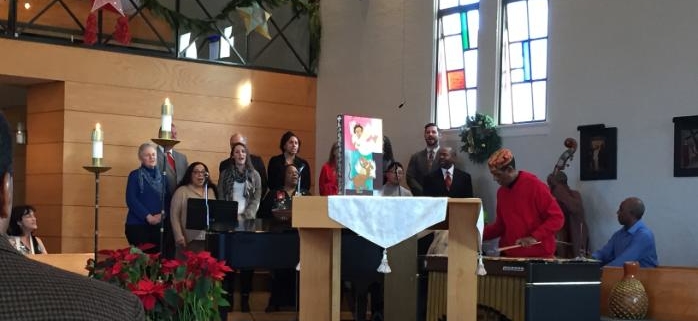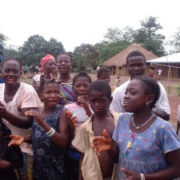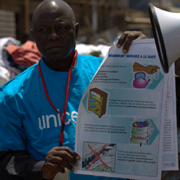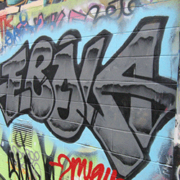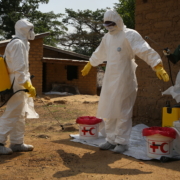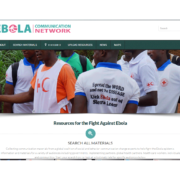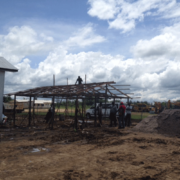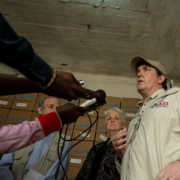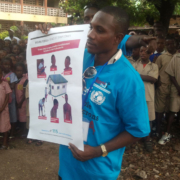Shedding New Light on Ebola Stigma Through an Old Christmas Song
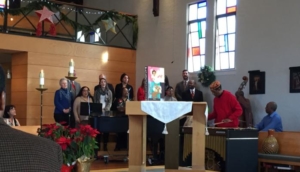 Although we won’t hear about Rudolph the red-nosed reindeer for another 11 months, I’ll be thinking about him for a while. Last month I attended mass at St. Therese Parish of Seattle led by Maurice Mamba. Father Mamba’s spoke passionately about the exclusion Rudolph faced from the other reindeer because of his differences. Rudolph, of course, was accepted after his special trait helped in a way none of the other reindeer could. The point was, Father Mamba said in his Congolese accent, it’s important to accept others as they are, no matter how different they may be.
Although we won’t hear about Rudolph the red-nosed reindeer for another 11 months, I’ll be thinking about him for a while. Last month I attended mass at St. Therese Parish of Seattle led by Maurice Mamba. Father Mamba’s spoke passionately about the exclusion Rudolph faced from the other reindeer because of his differences. Rudolph, of course, was accepted after his special trait helped in a way none of the other reindeer could. The point was, Father Mamba said in his Congolese accent, it’s important to accept others as they are, no matter how different they may be.
The story reminded me of the two years (2003-2005) I spent in Zambia and the stigma people living with HIV faced there. I also thought about Father Mamba’s home country which experienced an outbreak of Ebola last year in September as well as the epidemic raging now in West Africa. I thought about the people in Sierra Leone who were prohibited from celebrating Christmas outside their homes.
As reported by Reuters, Kadija Kargbo, a man living in the Sierra Leone capital of Freetown, was somber about Christmas: “We want to avoid contact because of this deadly disease. It’s necessary but I am not really happy. Normally we have a lot of fun with family and friends, but we just have to stay home.”
Also not far from my mind were the stigmatized Ebola survivors, many of whom lost family members in addition to suffering from the virus themselves. You can read some of their stories in a Social Mobilisation Action Consortium resource, developed to show showcase their trials and tribulations, but also their hope for the future. A survivor named Juliana, a student from the town of Bo, shared her story:
I went to the hospital and the test showed I had Ebola so I was admitted to the treatment centre. After some time in the treatment centre, I started to get better until one day they did the test and it showed I no longer had Ebola and could be discharged. Now I feel healthy in my body but my mind is struggling because I lost my cousin, my fiancé and my 11-month old son to Ebola. In the community people are scared to come close to me, but they are happy I am alive. People are surprised. They say hello, but they don’t touch me or want to share meals with me. This is difficult for me. I hope that soon people will realize that Survivors no longer have Ebola, and are immune. In this way, Survivors are actually the safest people to be around.
Stories like Juliana’s are at once heart-wrenching and inspiring. I hope she fully regains her neighbors’ acceptance and her peers welcome her back. Since surviving Ebola, Juliana, like Rudolph, has a special trait that can make her a leader in her community. As Father Mumba has shown, people who are different, when fully accepted, can shed new light on an old song.
Follow #ISurvivedEbola for more stories of life after Ebola
Follow @JarretCassaniti for commentary about public health and politics

